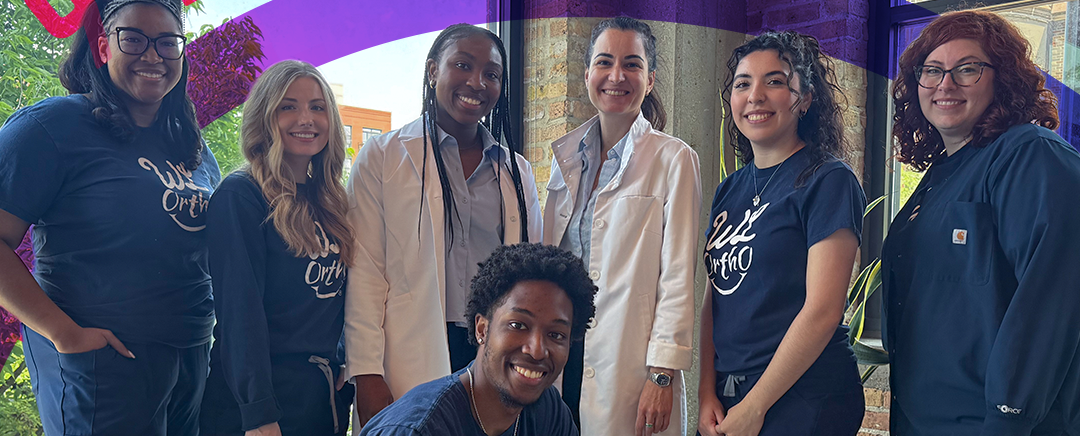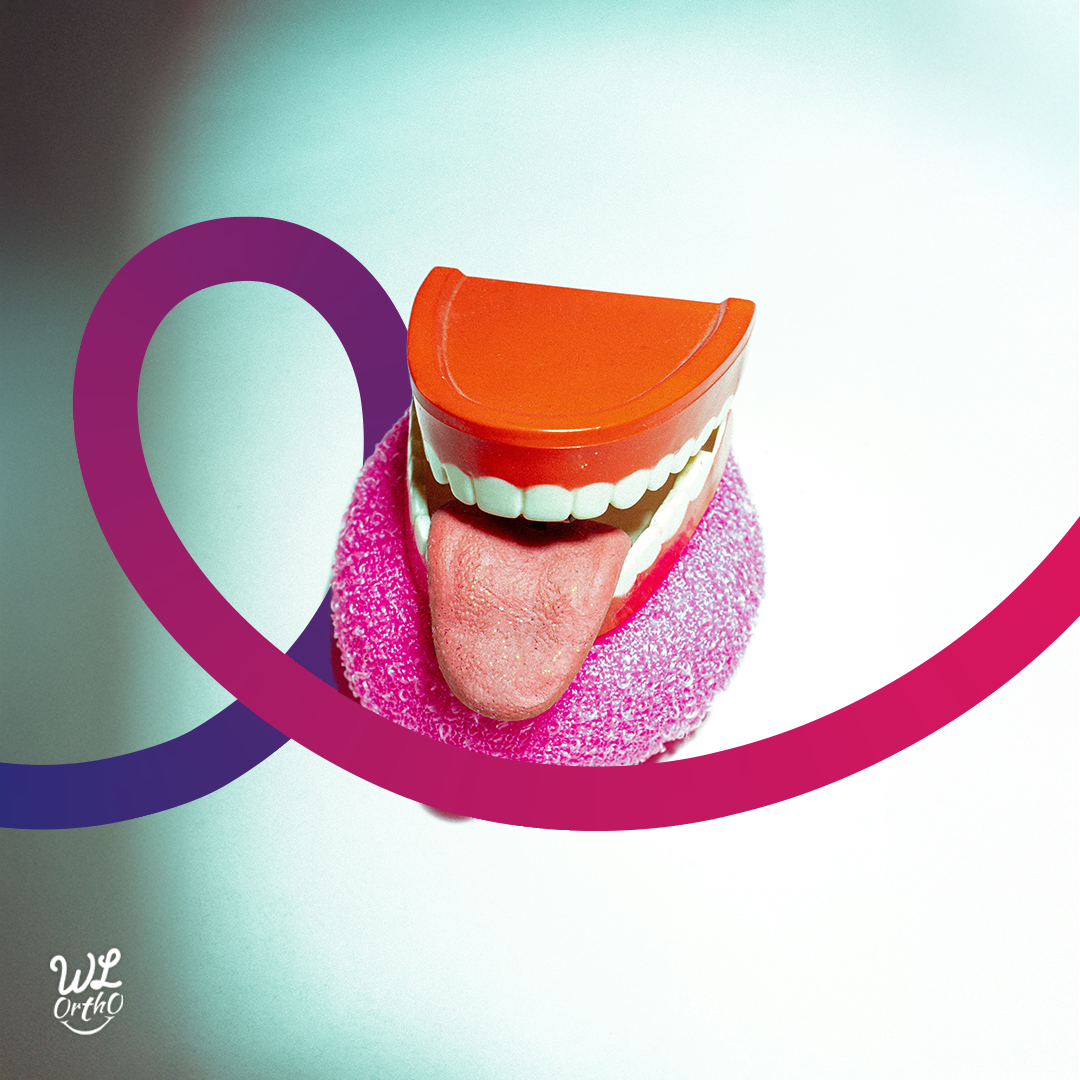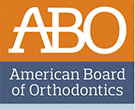Frequently Asked Questions
- June 10, 2019
- 2 min read
- FAQ
How much do braces cost?
Treatment cost depends on many factors, like: complexity, length of treatment time, and whether the patient chooses metal braces, clear braces, or Invisalign. Because of these reasons, it’s hard to give a concrete answer. The most accurate way to find out how much braces cost is to come in for a complimentary consultation.
you offer payment plans?
We offer in-house, interest free payment plans for every patient and every type of treatment. We’re happy to find a payment option that works best for you!
you offer discounts or promotions for treatment?
We do not offer promotions for treatment. However, we are able to offer family and pay-in-full discounts.
Does getting your braces on hurt?
Not at all! This is a common misconception about braces. You may feel minimal pressure when Dr. Arruda applies brackets to your teeth, but that’s about it.
Do braces hurt throughout treatment?
No, but you may feel sore. Soreness is most common during the first few days of getting your braces on, and the few days after you see Dr. Arruda for an adjustment. If needed, Tylenol does the trick to eliminate any discomfort you may feel.
Does it hurt to get your braces removed?
No. Braces are non-invasive. Dr. Arruda uses a special, safe tool to pop off each bracket, and then gently polishes your teeth to remove any residual glue. Some patients report feeling a funny sensation from the polisher, but that’s about it.
Are braces safe?
Braces are generally considered safe. All medical and dental treatment, including orthodontics, has risks and limitations. Orthodontic complications are usually very minor. Some examples of risks include:
- White spots and gum disease from poor brushing habits.
- Shortening of the roots occurs to a limited degree in many patients, and significant root shortening does occur on rare occasions.
- Relapse can occur if a patient fails to consistently use their retainer long-term.
For the vast majority of patients, the benefits of orthodontic treatment far outweigh the risks.
My braces don’t feel as tight as they were in the beginning. Is this normal?
This is normal. Every visit, Dr. Arruda will make adjustments to efficiently move your teeth to their new position. This just means that your teeth are responding well to treatment!
How often should I brush my teeth with braces or Invisalign?
You should brush and floss your teeth at least three times a day, including after every meal. Frequent brushing ensures that your teeth and gums stay healthy throughout orthodontic treatment.
What are the rubber bands on braces used for?
Rubber bands are prescribed in some patients to correct different bites.
One of my brackets is loose/broken. What should I do?
Call our office at (872) 222-9567 to make an appointment to get it fixed. This should be scheduled as soon as possible.
I have Invisalign and one of my attachments popped off. What should I do?
Call our office, (872) 222-9567 and we’ll help figure out if you need to come in to get your attachment(s) reapplied.
Do I have to get braces on my top and bottom teeth, or can I just get them on one and not the other?
We generally do not recommend treatment for just one arch. This is because if you correct one arch and not the other arch, your bite can be disrupted, thus causing more problems than when you started.
Do I have to wear my retainer forever?
You only need to wear your retainer for as long as you want to keep your teeth straight. Teeth have a tendency to want to m0ve back to where they were before orthodontic treatment, and retainers are the only way to keep them from moving. Our bodies are constantly changing and our teeth are no exception.
How can someone identify if their bite is incorrect?
Here are some of the signs your bite is incorrect:
- Popping or clicking of the jaw
- Frequent headaches
- Teeth grinding
- Top and bottom teeth don’t touch when you bite down
- Frequently biting the insides of your cheek when you bite down
- Difficulty flossing in between some or all of your teeth
- Gaps between teeth
If you think your bite may be off, contact our office to schedule a consultation. Dr. Arruda will accurately determine whether your bite is off.
I’m worried that my child’s thumb sucking habit will cause their teeth to change. Can this happen?
Yes. Prolonged thumbsucking can cause an open bite in your child’s mouth. If your child is having a hard time stopping this thumb sucking habit, schedule an appointment with an orthodontist. They’ll present the best treatment option for your child.
What are some options for an adult looking to get braces?
Good news, adults are great candidates for orthodontic treatment! However, you must be cleared by your general dentist to get braces first. This is because adults are at a higher risk for oral health problems, and undergoing orthodontic treatment may complicate things more. West Loop Ortho has treated adult patients with metal braces, clear braces, and Invisalign. Check out our adult treatment page for more information
How long does it usually take for the teeth to get aligned with braces?
Treatment at our office can range from anywhere between 6 to 30 months. Call our office today to schedule a consultation, or request a consultation here.
My braces come off next week, but I can already tell (where the braces don’t cover my teeth) that my teeth have yellowed in color. What’s the best way to whiten my teeth once my braces are off?
It’s completely safe to have your teeth whitened post braces. Dr. Arruda may recommend you wait a few months before whitening them. Talk to your dentist about fast, safe teeth whitening options.









